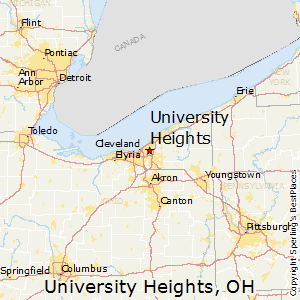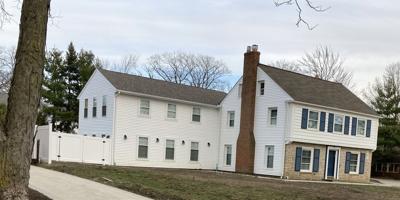Aekash Singh, Jaskirat Singh, and Milaap Singh Chahal were recruited by the Marine Corps and are all devout to the Sihk faith. It is tradition in the Sikh faith for men to grow out beards/head hair and to wear a turban. The Sikh teachings instruct them to “shun evil and seek self-mastery, to regard God’s creation as sacred, and to always defend the weak and helpless”. Therefore, many devout Sikhs perform their religious duties through military service but must stay devout to their faith, which is to not cut their hair. However, the Marine Corps gave the three men an ultimatum, either shave your head or you cannot join this branch of the military. Aekash Singh, Jaskirat Singh, and Milaap Singh Chahal passed all physical and medical tests required to join the Marine Corps, however, the Marine Corps has a basic training requirement to shave your head to have a “uniform appearance” that is deemed necessary for basic training. However, the Marines allow recruits to not shave their beards if they have a medical condition. Other branches of the military such as Army, Air Force, and the United States Military Academy allow for religious beards during basic training.
This case introduces the question of whether or not the Marine Corps requirement to shave one's head for basic training or not in order to join the Marine Corps infringes upon Aekash Singh, Jaskirat Singh, and Milaap Singh Chahal First Amendment Right to Free Exercise of Religion. This ultimatum places a substantial burden upon the men because growing their hair is a sacred duty to their faith. As well, the uniformity of appearance claim that the Marine Corps is arguing is null because other branches of the military are lenient with their appearance if there is a religious component. Moreover, the Constitution and the Religious Freedom Restoration Act (RFRA), which “bans the federal government from restricting religious freedom unnecessarily. This means that denying religious accommodations by asserting a need for uniformity while granting lots of other secular exceptions is not only unfair but unlawful as well”. (Colby) Therefore, the Marine Corps is being unconstitutional by forcing these recruits to choose between their religion and their military obligation.
Using the precedent Goldman v. Weinberger, which was the case in which the Air Force did not allow the wearing of headgear such as a Yarmulke. The dissenting opinion in this case pointed out a similar aspect in this case that this ban is not neutral in practice because it discriminates against minority religious groups, as well as, there is no rational reasoning for enforcing a shaved head and it is a burden on free exercise rights. Moreover, there is no evidence that supports the Marine Corps claim that having longer hair hurts the morale of personnel, especially when other branches of government are allowing it. To further argue that this ban against the Sikh practicing men is not neutral in practice and discriminates against religious groups is because the Marine Corps allows hair to be grown out when there is a medical condition as minimal as razor bumps. This is a substantial burden upon these men by choosing what they believe is God’s requirement to grow out their hair or take orders from the commanding officers to stay in basic training.
The Marine Corps' enforcement to shave heads for base training shows no purpose besides uniformity appearance which serves no real purpose. This was seen through the precedent. Goldman v. Weinberger, which I stated before. This enforcement is discriminatory against minority groups and facially neutral. This is because non-Sikh members see the growing of their hair as disobeying orders from the commanding officers. As well, the Marine Corps are not being neutral to all groups because they are allowing for medical conditions such as razor bumps which have no substantial burden and are not protected under the constitution to grow their hair and disobey the mandatory shaved head. As well, other military branches are allowing the growth of hair to enforce diversity, especially with women. Therefore, their uniformity appearance argument is null.To conclude, this decision the Marine Corps is instituting upon Aekash Singh, Jaskirat Singh, and Milaap Singh Chahal is unconstitutional and infringes upon the First Amendment Right of Free Exercise of Religion for these men. This ban is not neutral and discriminates against religious groups and favors secular groups within the Marine Corps. Although the men enter the military and lose some rights for the better of state compelling interest it does not mean they lose their First Amendment Rights of religion and are substantially burdened with the choice between the military duties and God. The state has no compelling interest in how the military recruits wear their hair because there is no evidence that shaved heads help national security.







